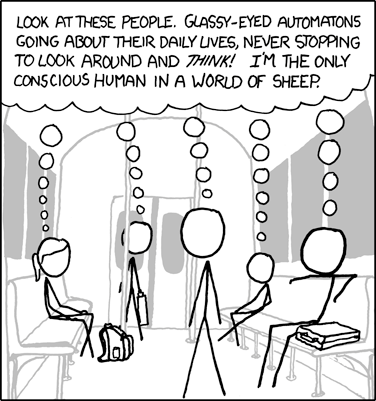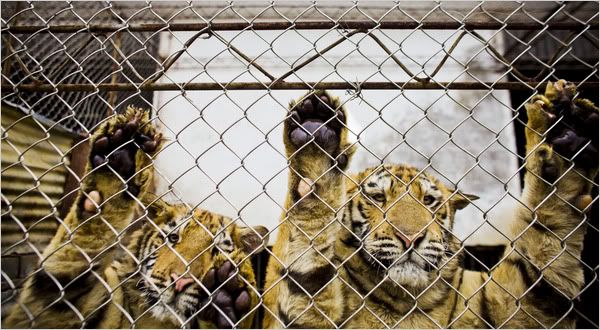(Crossposted at Voices on the Square and at FDL)
There is a passage in Derrick Jensen’s newest book, Dreams, in which he bridges the gap between his usual anarcho-primitivist plain talk and the more “expert” advice of scientists such as James Hansen and populists such as Bill McKibben. It goes as follows:
We all know what we must do to curtail global warming. We must dismantle every oil refinery, every pipeline, every oil and natural gas well. We must dismantle the infrastructure that is killing the planet. (p. 249)
The first step in such a process, were it actually to happen, would be to phase out the pumping of the oil, the coal, and the natural gas. I pointed this out some time ago in a blog entry over at Docudharma/ DailyKos.com. If we really wish to mitigate the disasters that global warming will bring us, we need to keep some of Earth’s fossil-fueled heritage in the ground, rather than pumping it into the atmosphere.
The problem, in real life, is that nobody’s talking about such a solution. Oil, like oil-consuming infrastructure, is a commodity, as are petroleum-based instruments such as cars, airplanes, furnaces and so on. The solution proposed above would be a wholesale divergence from the capitalist system, which accumulates capital (i.e. money and the good things it buys) through the circulation of commodities. The change that’s needed, in other words, is a change nobody dares to advocate.
Enter Paul Loeb, published in some reading circles as Paul Rogat Loeb. Loeb wants to explore what makes some people activists, in order to assure that there be more activists. Certainly if we are to have a movement that will push through the changes that are needed to curtail global warming, we will need more activists.
I found Loeb’s most recent piece (written with co-authors Alexander Astin and Parker J. Palmer) in a glance at the blog Docudharma, where it had been cross-posted. It’s titled ““My Vote Doesn’t Matter”: Helping Students Surmount Political Cynicism.” The problem, of course, is that students today have good reasons to be politically cynical, especially if the solutions to their problems are not on offer. We are not going to get past the cynicism, then, by encouraging participation in a system which does not cater to real human needs.
Moreover, we can establish a rational cause for the cynicism that infects American politics. In the frontstage of American politics is a spectacle, sometimes regarded as “Kabuki theater,” in which candidates offer rhetoric calculated to woo the votes of the public. In the backstage is the world of meetings in Washington DC, in which deals are made between actors of various ideological persuasions and financial needs. The ultimate source of “cynicism,” in this regard, is the belief that what happens in the political frontstage might have very little to do real policy as formulated backstage. Here I will explore, with Loeb and his co-authors, what it would take to change this situation.

 There is an old
There is an old 